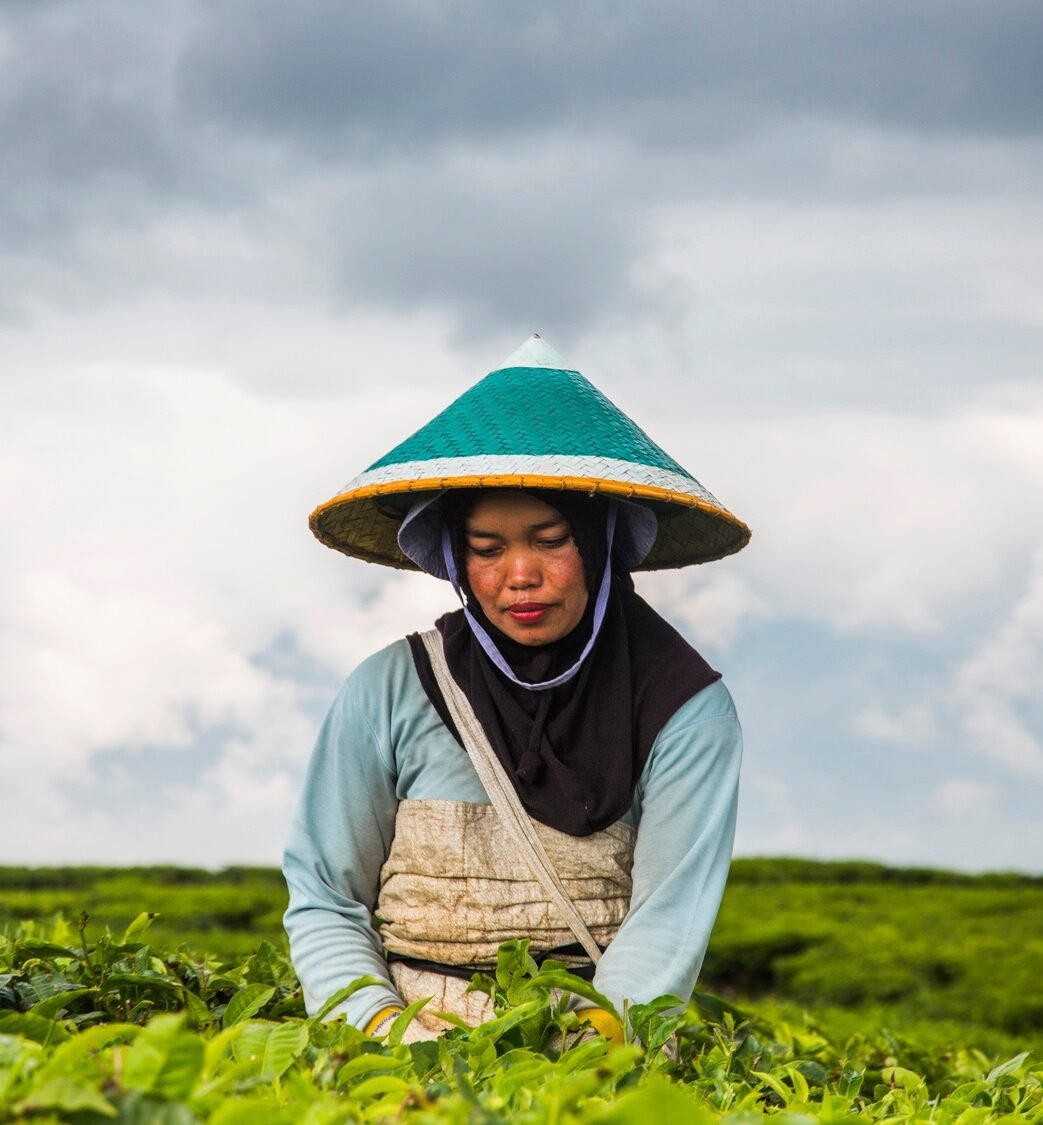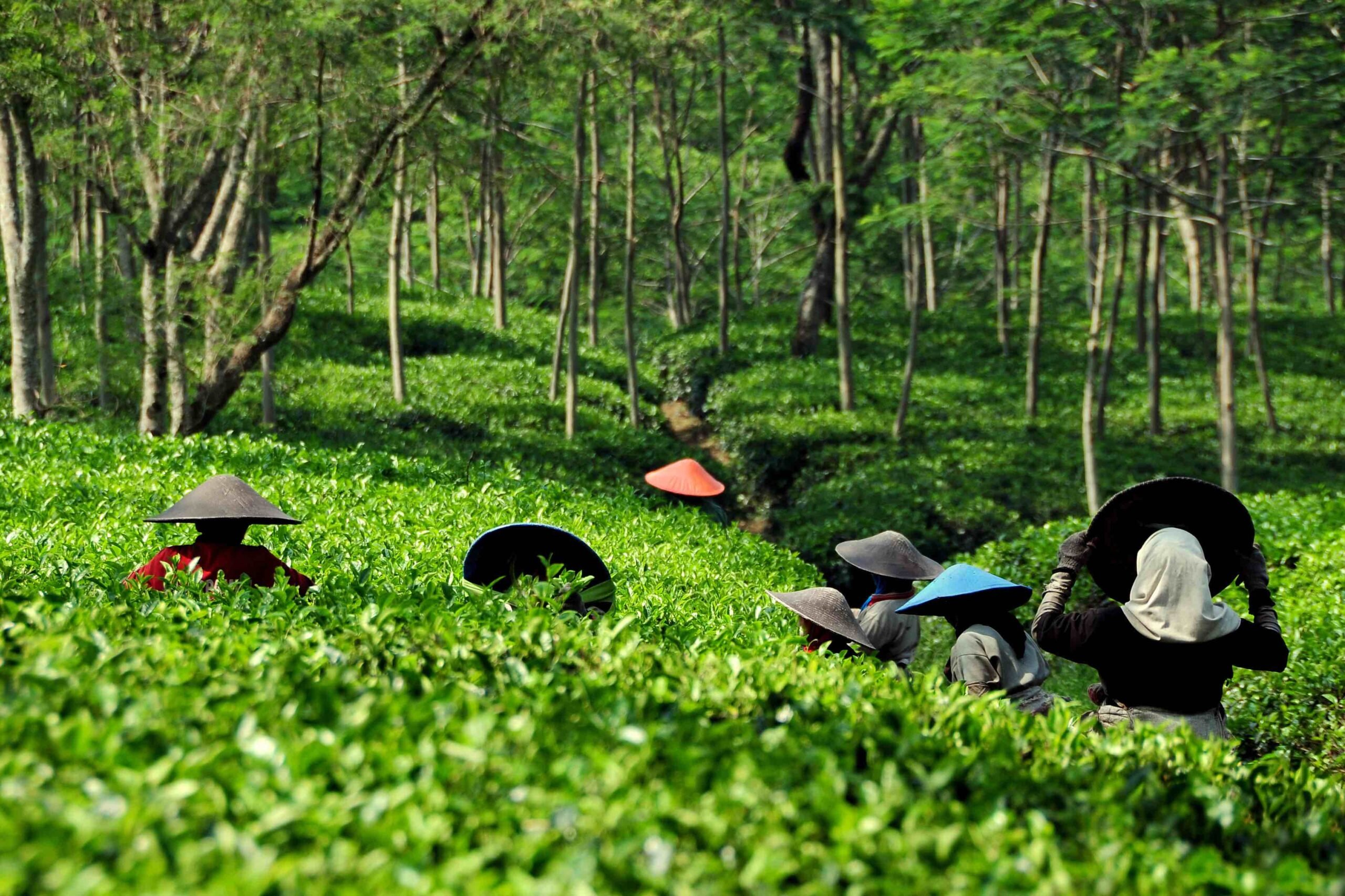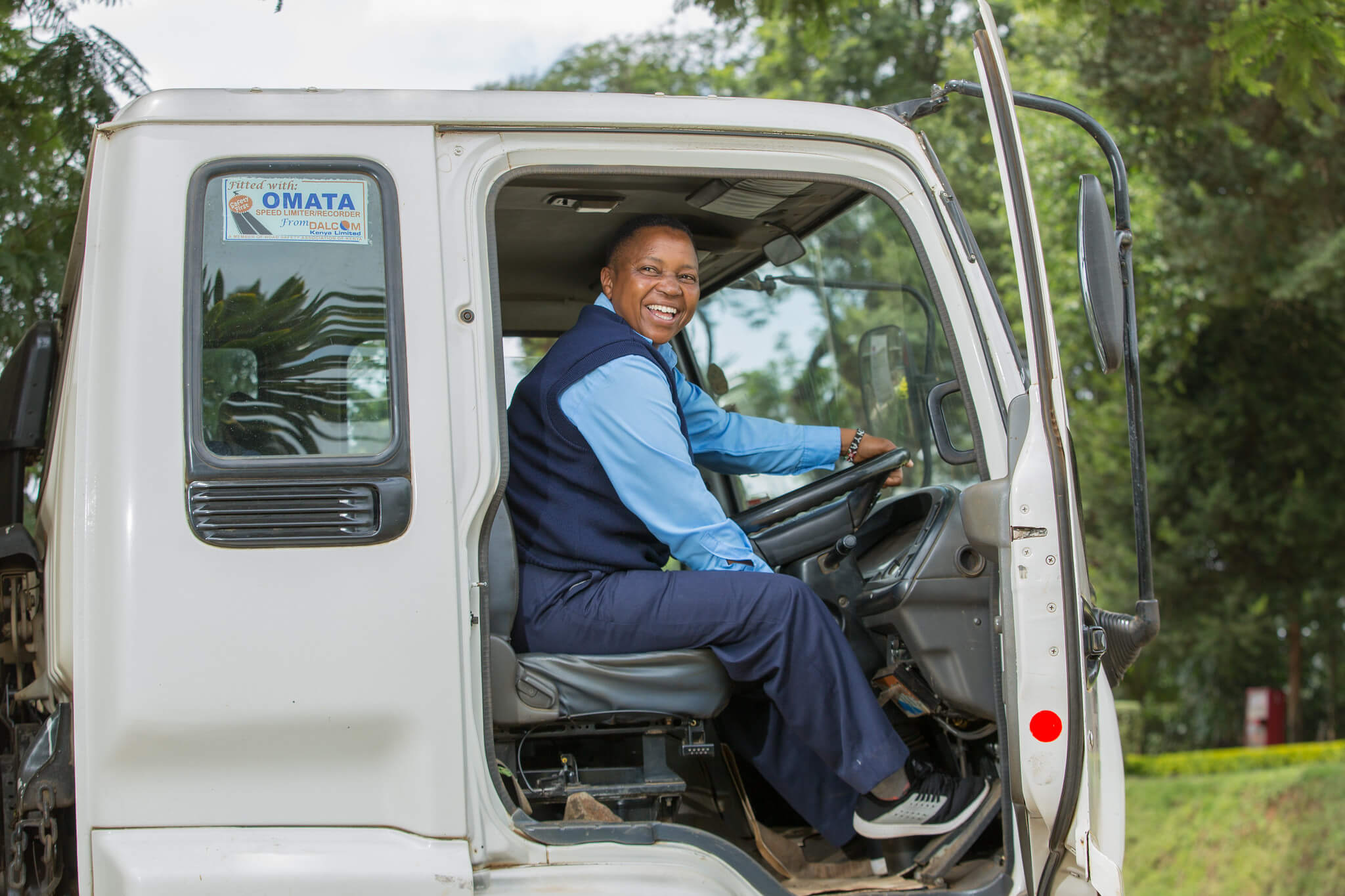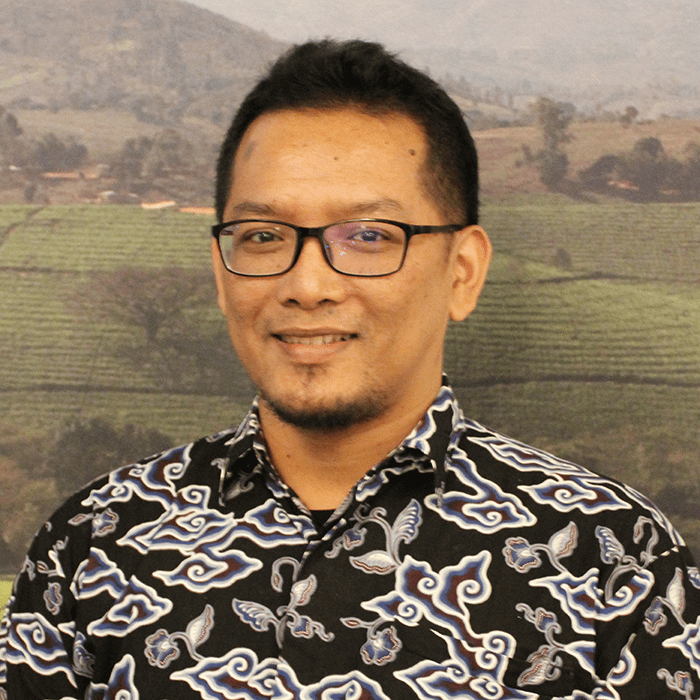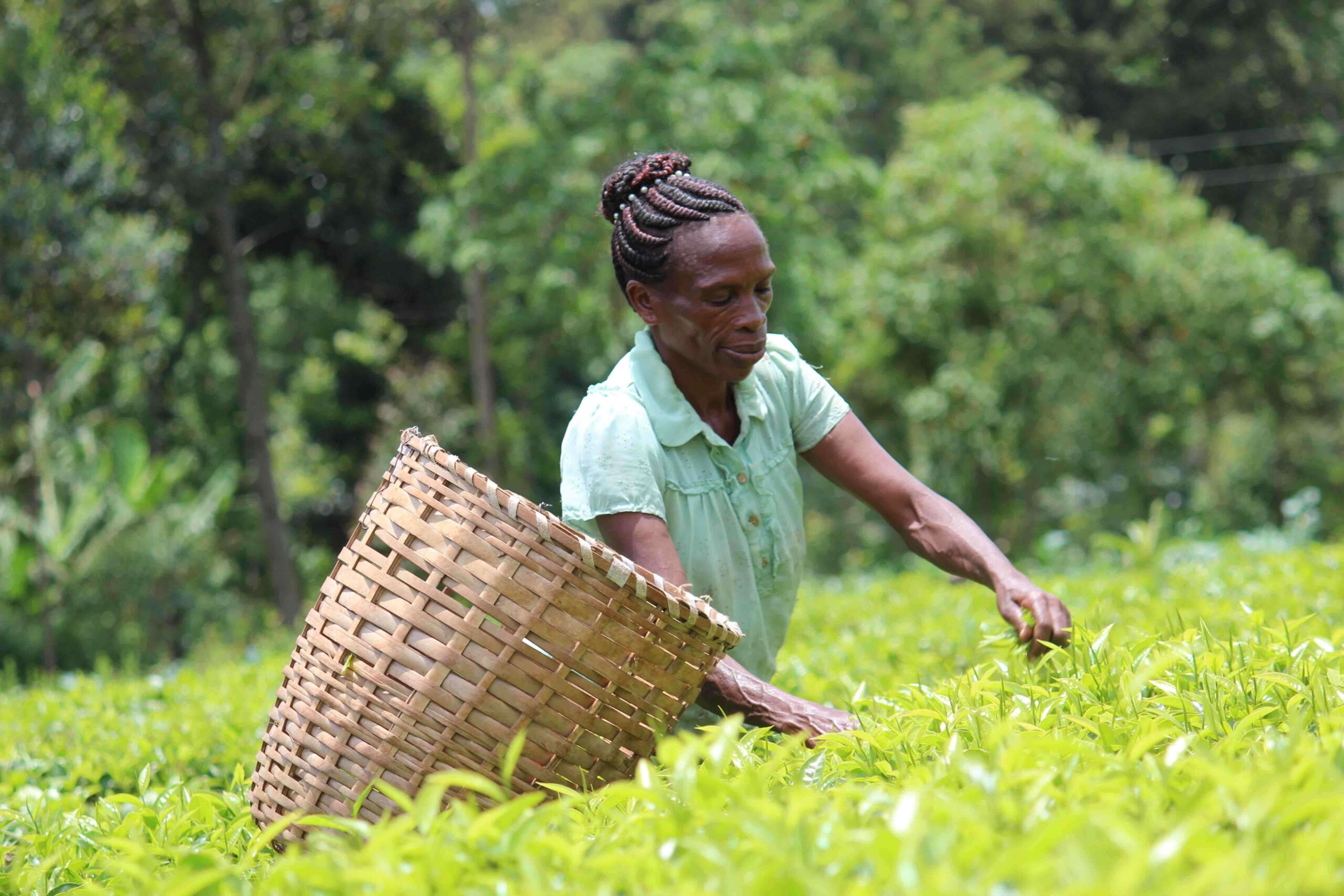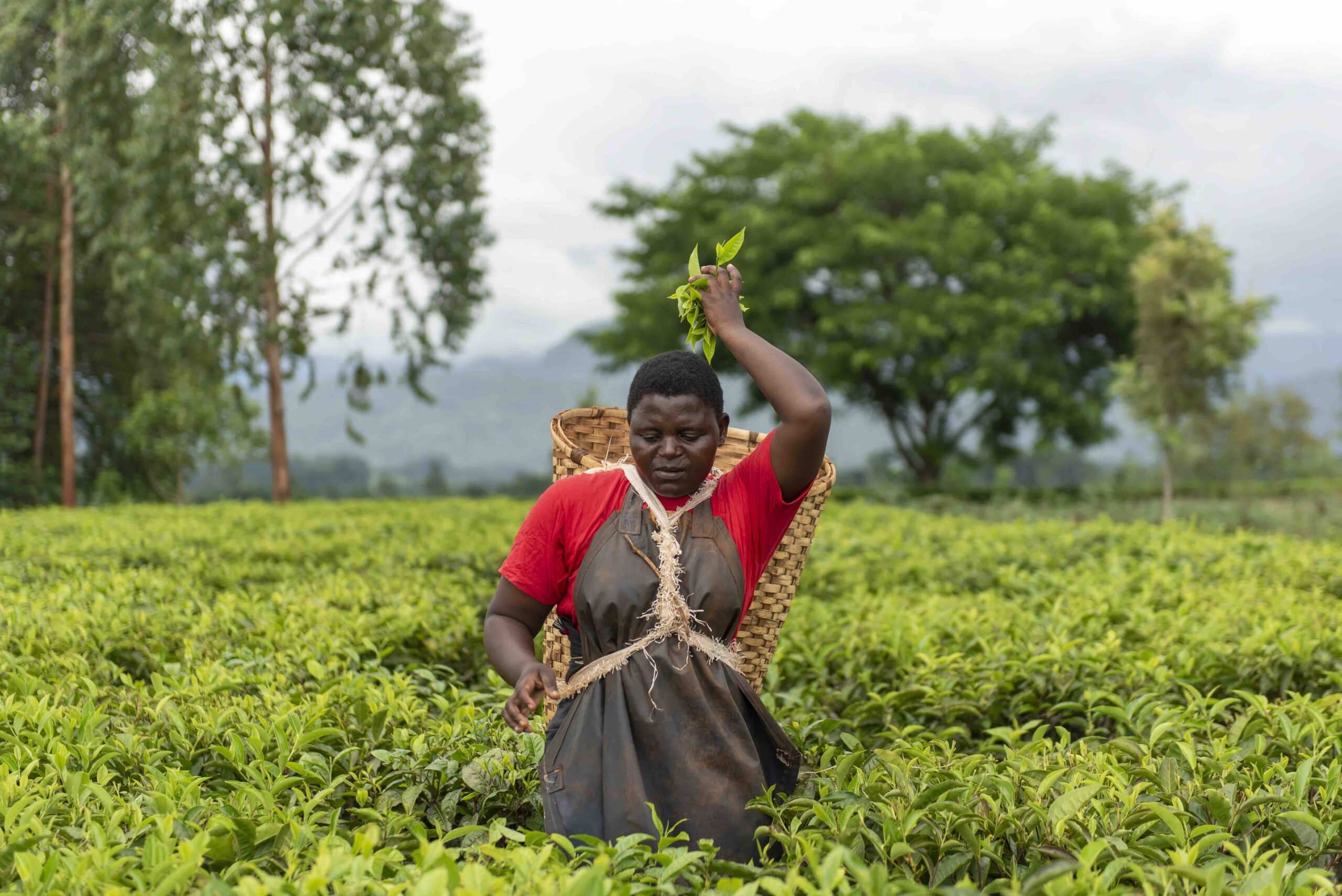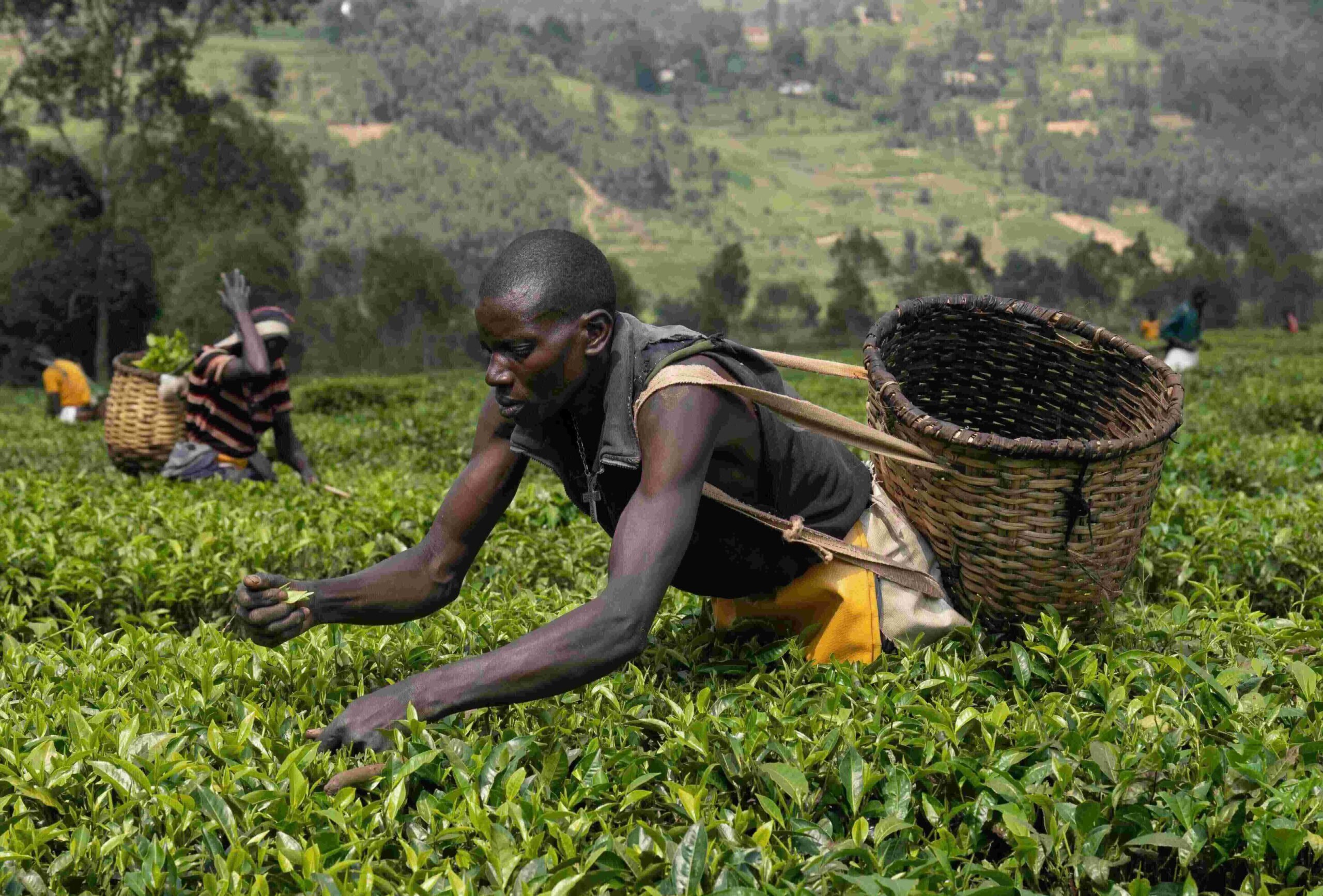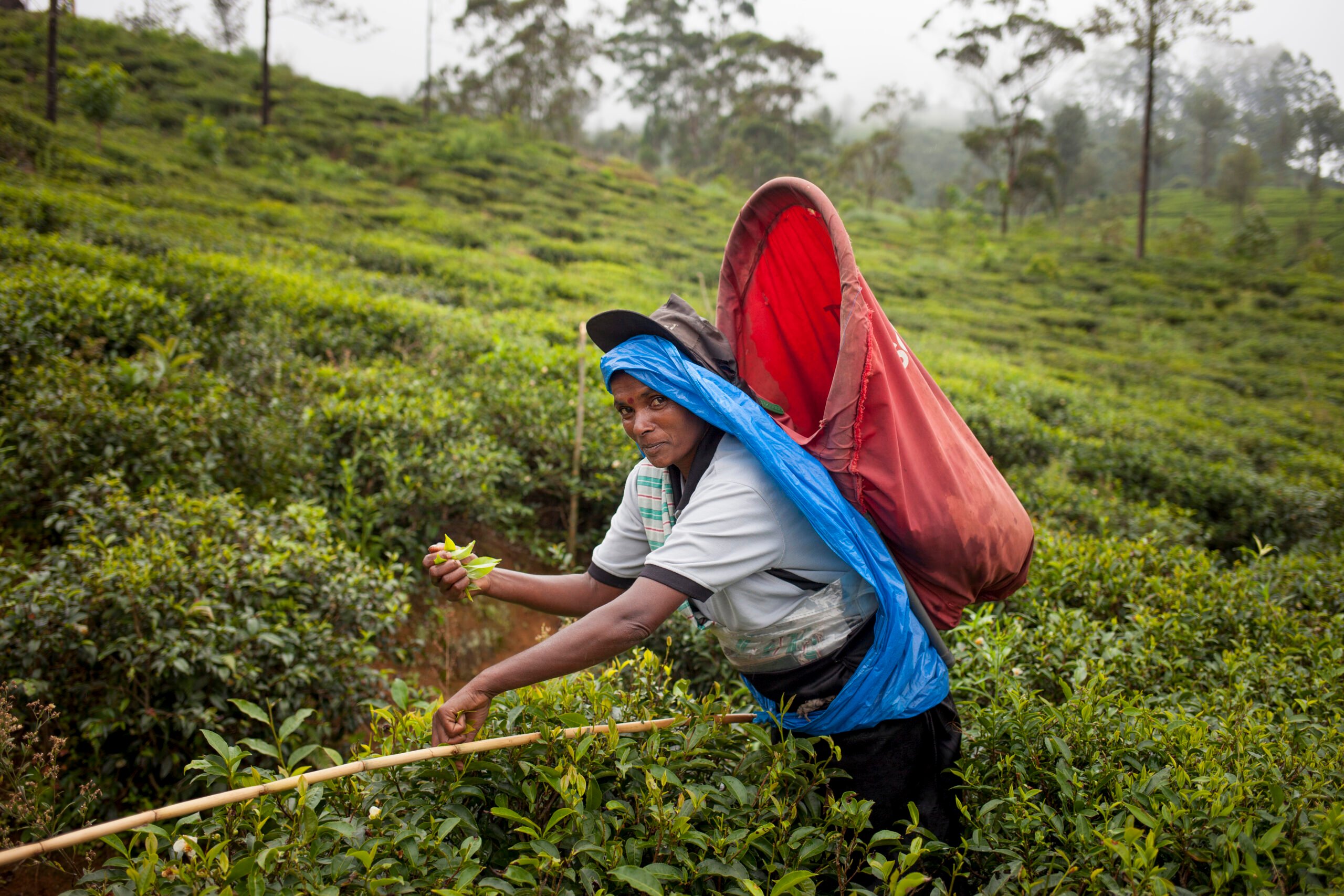Facts & figures
Economics
More than 8% of people in West Java, the major tea producing region in Indonesia, live in poverty.
Equality
Women earn 23% less on average than men with the same education level.
Environment
Stricter regulations on acceptable levels of contamination caused a 20% reduction in tea exported from Indonesia in 2015.
Regional priorities
Projects
ETP’s projects collaborate with state-managed and privately-owned producer companies to promote transformative leadership and the participatory approach.
Private sector change
ETP seeks opportunities to increase stakeholder engagement and participation in discussions on quality improvements in tea in Indonesia.
Policy
In 2025, ETP will complete a legislative and policy review and action plan to guide ETP’s policy work in the country.

